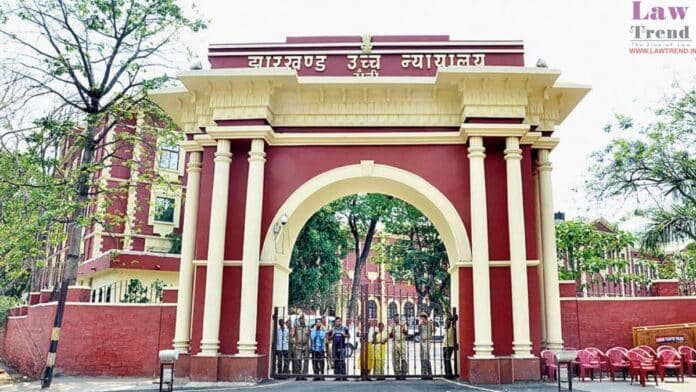The Jharkhand High Court on Monday expressed strong displeasure over the sluggish pace of teacher appointments in the state, reprimanding the Jharkhand Staff Selection Commission (JSSC) for failing to comply with its earlier directions.
A division bench of Chief Justice MS Ramachandra Rao and Justice Rajesh Shankar, while hearing a Public Interest Litigation (PIL) filed by economist and social activist Jean Drèze, noted with concern that the JSSC had not maintained the momentum it had previously assured the court in relation to the recruitment process.
The Commission had filed an affidavit outlining the progress in appointing teachers across various subjects. However, the bench found the details unsatisfactory. “The pace of appointments falls short of expectations and prior commitments,” the court observed.
According to the affidavit, out of approximately 6,000 candidates eligible for Mathematics and Science teaching positions, only 2,734 had been shortlisted. The state currently has 5,008 vacant posts in these subjects. The JSSC claimed that the remaining candidates failed to secure the minimum qualifying marks and were therefore ineligible for appointment.
In the Social Science stream, the verification process for 5,304 shortlisted candidates for 5,002 vacancies is still pending and remains incomplete, further compounding delays.
Taking note of the persistent backlog, the court directed the JSSC to submit an updated status report and provide a timeline for issuing appointment letters to selected candidates. The matter has been listed for further hearing on July 2.
The PIL, filed by Drèze, highlighted the acute shortage of teachers in Jharkhand’s government schools. Citing data from the Unified District Information System for Education (UDISE), Drèze submitted that nearly 30% of schools in the state function with only one teacher.
The High Court’s observations have reignited concerns over the quality of education in Jharkhand, a state already grappling with poor teacher-student ratios and a pressing need for systemic reforms in its public education sector.




